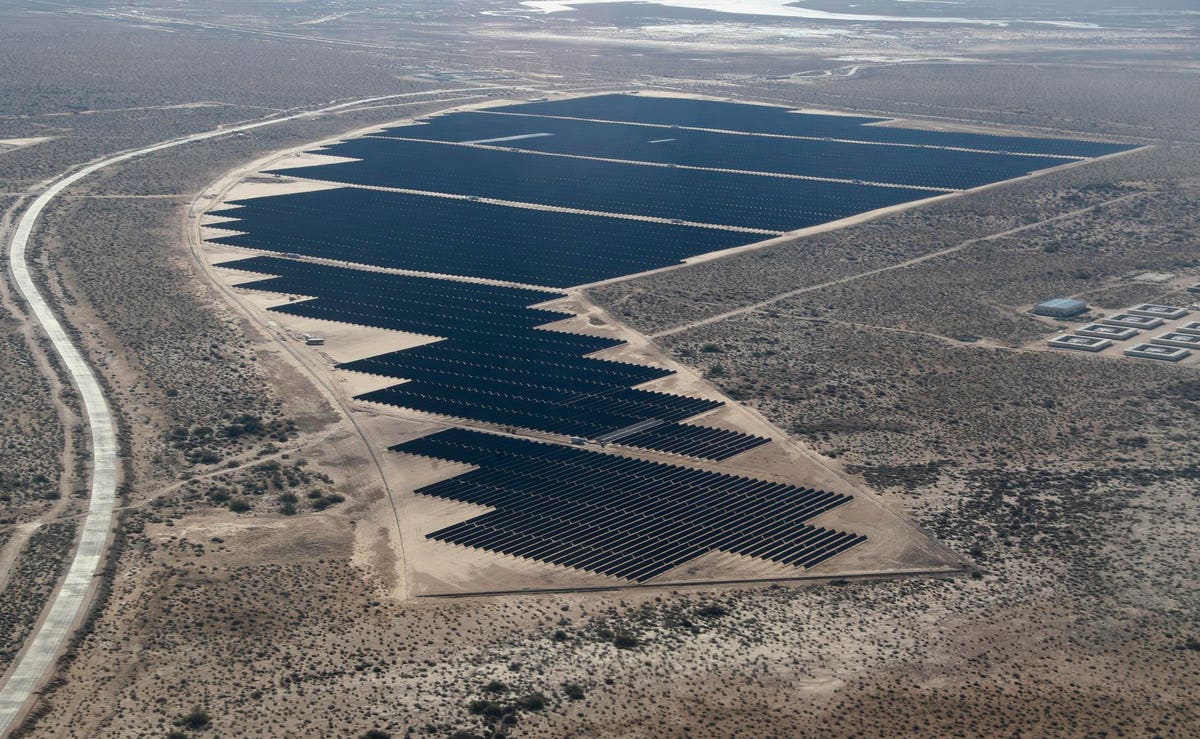Note: The is the final article in a series on the recently released 2023 Statistical Review of World Energy. Previous topics covered were:
Today, I will cover renewable energy in detail.
The Renewable Juggernaut
Over the past decade, the global growth rate of renewable energy trounced every other energy source. During that period, modern renewables (excluding hydropower and geothermal) grew exponentially, at an average annual rate of 12.6%. Renewables were the only energy category that grew globally at double digits over the past decade.
For perspective, in 2010 the world consumed 10.6 exajoules of renewable energy. In 2022, that reached 45.2 exajoules. The 5.2 exajoule increase in renewable consumption in 2022 was a record increase for one year, and it set a new all-time high for renewable energy consumption in a year.
Solar electricity consumption rose by a record 263 Terawatt-hours (TWh) — an increase of 25% from 2021 and surpassing wind power’s 251 TWh increase. Wind still contributes about 60% more electricity globally than does solar power, but wind has grown at only about half the pace (+14.8%) of solar power (+29.3%) over the past decade.
Together, wind and solar power provided 3,428 TWh of electricity in 2022. In 2010 that number was only 380 TWh. Wind and solar reached a record 14.4% share of power generation in 2022.
Hydroelectricity Falling Behind
Hydroelectricity, which the Review reports as a separate category, is growing globally at a much slower rate than modern renewables like wind and solar power. Global hydropower consumption in 2022 was 40.7 exajoules, up 0.7% from 2021. However, in 2022 global hydropower consumption was eclipsed by wind and solar power for the first time ever. I projected this a year ago, writing that “modern renewables will finally overtake hydroelectricity in overall consumption this year.”
Globally, hydroelectricity represented 6.7% of the world’s primary energy consumption in 2022, compared to a 7.5% share for wind and solar power. This is because hydropower has grown at a far slower rate over the past decade — 1.8% annually on average — than wind or solar power.
China Still on Top
During the past decade, China surpassed the U.S. as the world’s top consumer of renewable energy. This is because China’s growth rate over the past decade vastly exceeds all other members of the Top 10.
Cumulatively, the Top 10 consumers accounted for 76.0% of the world’s renewable energy consumption in 2022. The only difference between the rankings from a year ago is Italy and France swapped places.
Although renewables continue to grow rapidly, they are doing so from a small base compared to fossil fuels. Thus, the challenge the world faces is that overall energy consumption has increased at a faster pace than renewables are ramping up.
However, the 5.2 exajoule global increase in renewable energy consumption in 2022 wasn’t that far behind the global energy demand increase of 6.6 exajoules in 2022. But, because of the continued growth in global energy consumption, it will likely take a while before renewable growth can significantly reduce global fossil fuel consumption.
Read the full article here





